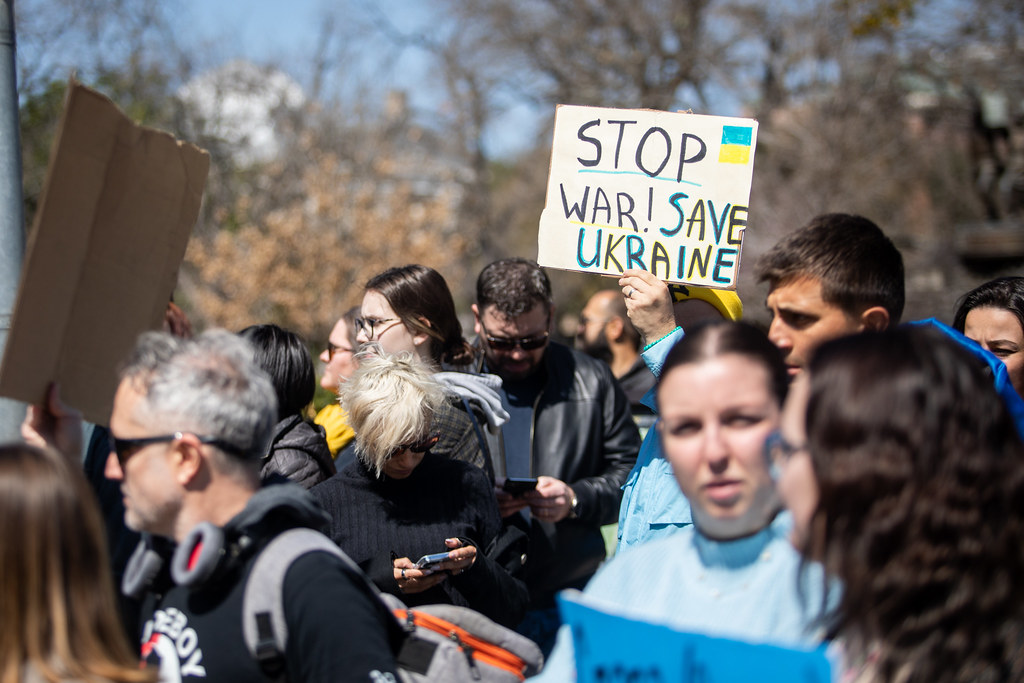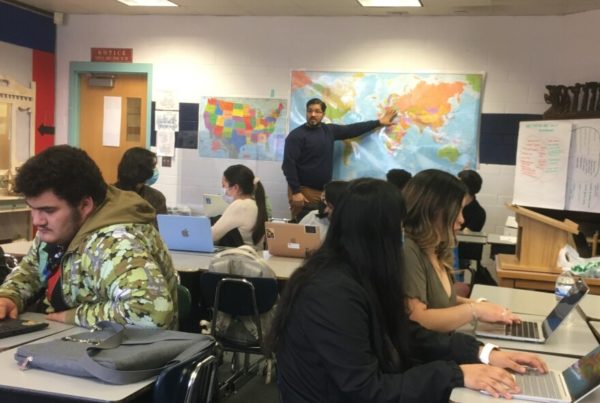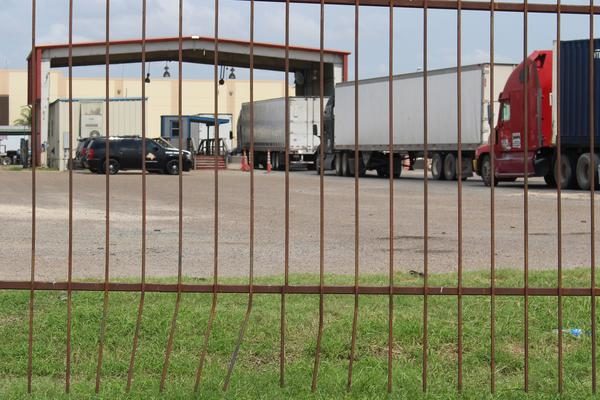Some observers of the Russian invasion of Ukraine have invoked the word “genocide” to describe an escalating number of civilian deaths.
Horrific stories and photographs from Bucha, Ukraine reportedly show Ukrainian citizens lying lifeless on the city’s streets – killed at the hands of Russian troops. This on top of reports that 10,000 citizens have died in Mariupol, Ukraine. As we learn more and more of the toll Russia’s war on Ukraine has taken on that country’s civilians, Ukrainian President Volodymyr Zelensky, and some U.S. politicians have accused Russia of genocide. While the U.S. government and its allies have acknowledged Russia is committing war crimes in its assault on Ukraine, genocide could be a much more difficult accusation to prove, says Alan K. Kuperman, associate professor of public affairs at UT-Austin’s LBJ School of Public Affairs. Kuperman specializes in ethnic conflict and military intervention.
“War crimes are things such as targeting civilians intentionally or not making enough efforts to protect civilians during war,” Kuperman said. “Crimes against humanity would be a widespread strategy of doing that. Genocide has a very specific definition in a U.N. convention, but it covers potentially a wide-range of things. It’s the intent to destroy a group in whole or in part, based on its identity.”
Listen to the full interview in the audio player above.















